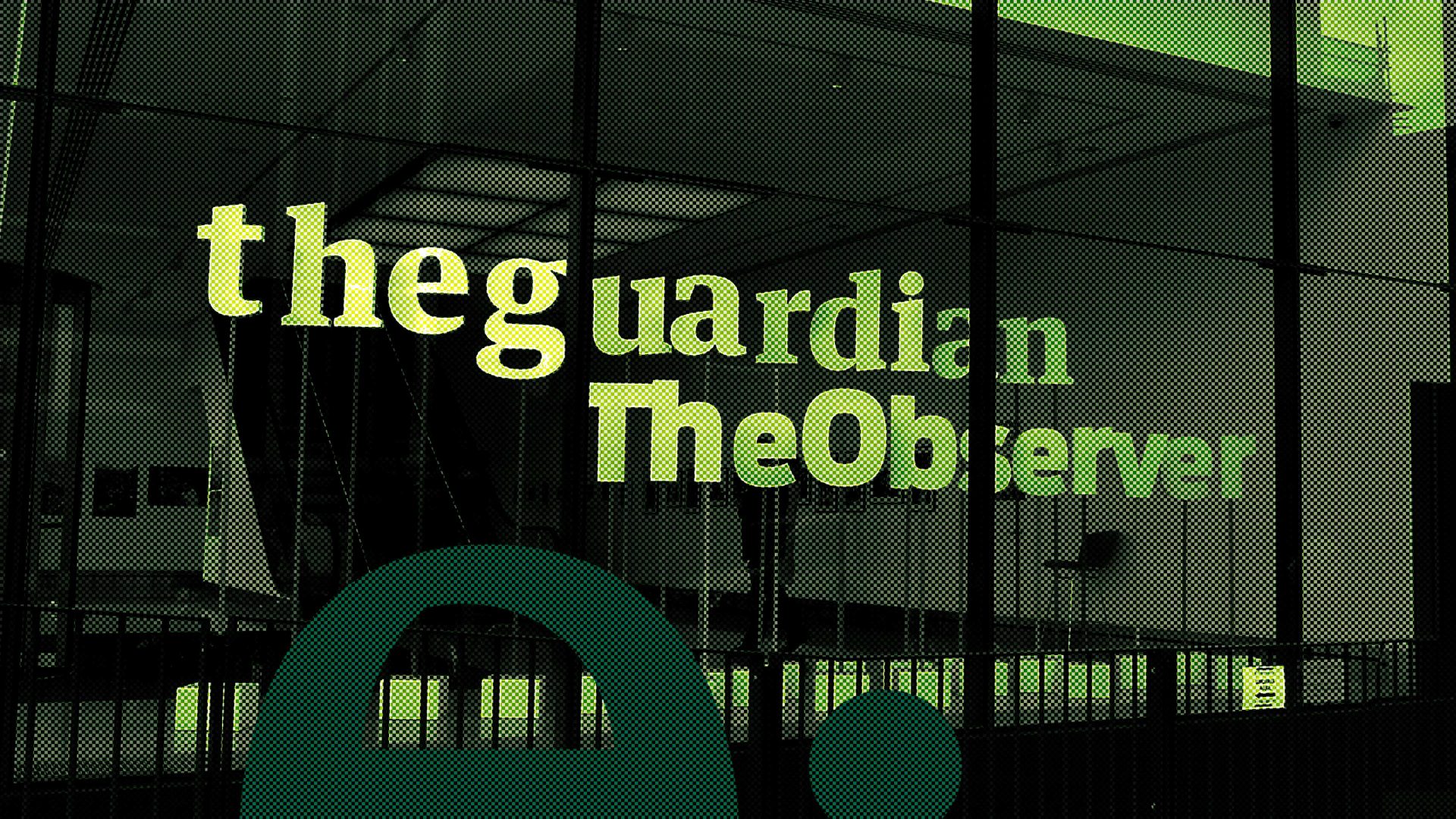Persuading people to pay for something they enjoy free of charge is exponentially harder than simply lifting the price customers already pay. Converting committed carnivores to the delights of a vegan lifestyle might be easier.
The Guardian’s determination to make its online news available to all-comers may have been laudable, but is commercially draining. The messages that now pop up on its site begging for donations seem ever-more desperate. As it tries to secure monthly or annual donations from readers, it promises one of the benefits as “Far fewer asks for support”, an acknowledgment of the potentially counterproductive effect of the constant requests for financial help.
Last week the group reported that digital reader revenue grew by 8% in the 2023-24 financial year, but well over half of this is coming from outside the UK. Efforts to continue overseas expansion meant the cash was flowing out far faster than it was coming in.
Selling the Guardian’s Sunday sister, the Observer, could be a neat way of buoying up the publisher’s finances and safeguarding what seems an important antidote to an increasingly right wing press.
Nonetheless, the news that the Scott Trust, the group’s sole owner, was discussing the sale of the Observer surprised many observers, as did the identity of the potential buyer: the “slow news” media upstart Tortoise. Less of a surprise was the reaction of the Observer’s staff. National Union of Journalists members were quick to express their fury at the idea in a vote.
But while Tortoise originally positioned itself as the antithesis of the traditional media, still boasting that “We don’t do breaking news”, it might – just might – be able to forge a mutually beneficial relationship with the world’s oldest Sunday newspaper. The result could be more of the in-depth investigations and serious analysis that this complicated world needs.
The problem is that this comes with a hefty price tag. It is diligent digging, absolute determination and, crucially, unwavering support from a publisher that enables the real stories to emerge.
Properly resourced, might the media have done more of the work that has had to be done by the infected blood inquiry, and the Post Office Horizon inquiry? Full marks go to Computer Weekly for doing its best to highlight some of the early prosecutions of sub-postmasters. But the heavyweight national media did not really engage with the scandal; it took a television drama to propel it into the headlines and national consciousness.
Tortoise has shown a willingness to allow journalists to take time in probing into dark corners, for instance in its examination of the history and finances of the Barclay Brothers, erstwhile owners of the Daily Telegraph. Yet while still decrying “fast news”, it also produces the Daily Sensemaker briefing, for which it claims 120,000 subscribers.
James Harding, the co-founder of Tortoise, edited the Times for five years, while his relationship with Rupert Murdoch became increasingly frosty, until he was frozen out at the end of 2012. There were suggestions that the Times’s support for Barack Obama had been one source of disagreement between Harding and his proprietor. Matthew Barzun, who was Obama’s appointment as ambassador to the UK, is a co-founder of Tortoise.
When Tortoise launched in 2017, it had a successful crowd-funding campaign. Harding has said his aim would be to find £25m to invest in the Observer over the next five years.
He has some useful connections. Barzun is married to the heiress of the Brown-Forman Corporation, the drinks company that includes Jack Daniels. Another backer is David Thomson, the chairman of Thomson-Reuters who is otherwise known as the billionaire Baron Thomson of Fleet, Canada’s richest man and part of the media dynasty that once owned the Times.
Guardian journalists have been predictably sceptical about Tortoise’s finances but, as the recent sale of the Spectator showed, and this column remarked last week, rich men do still seem to have a penchant for the media.
But for how long will that media exist in printed form? Increasingly, readers are moving away from newsprint. Yet Harding has pledged to retain a newsprint version of the Observer.
As the Telegraph seeks a new owner and the Times-owning Murdochs fight out their own Succession battle in court, Harding has set another hare running.



